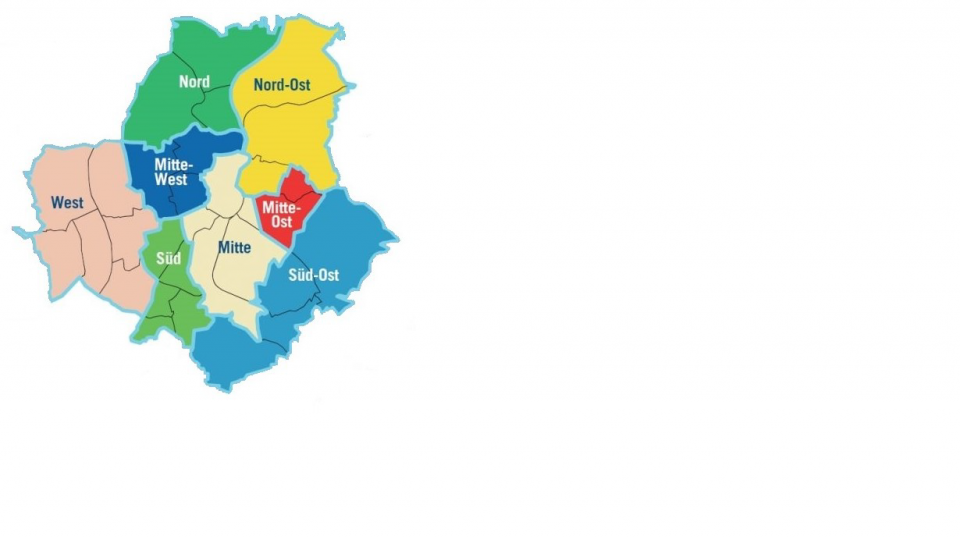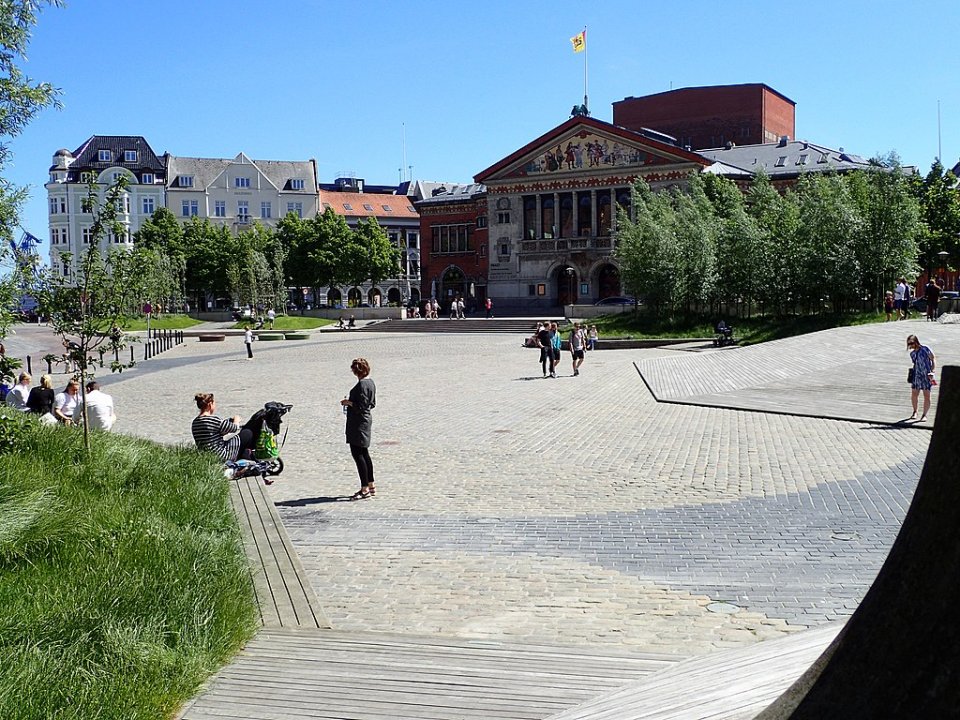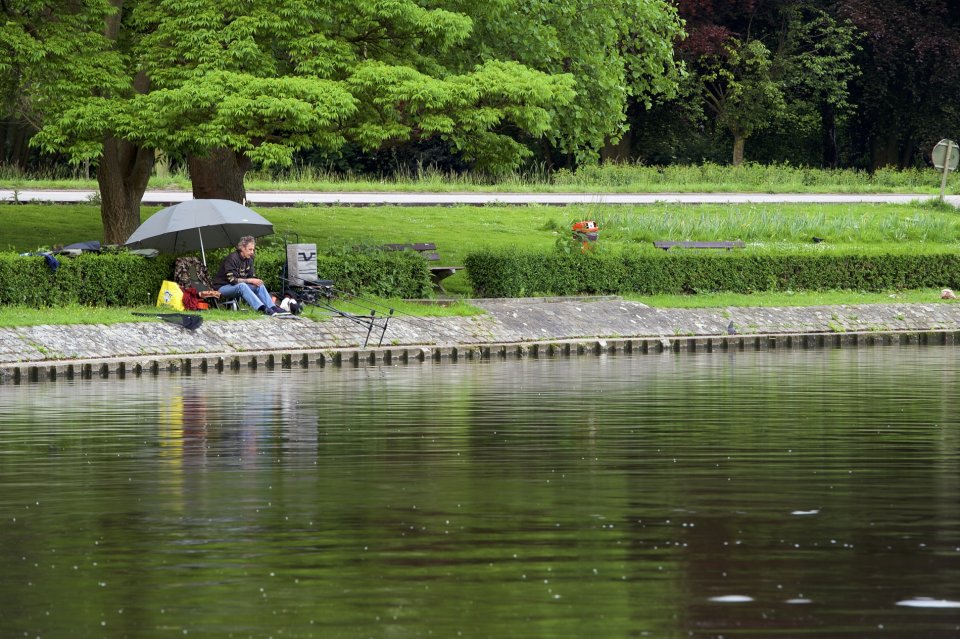Citizen Platforms - Chemnitz
English
Associations, initiatives and individual citizens have joined forces through Chemnitz's citizen platforms ("Bürgerplattformen") to sustainably improve the living conditions in the city's districts. The platforms, which were officially acknowledged by the City of Chemnitz in 2014, identify common concerns and problems in local neighbourhoods and serve as a framework to develop proposals for appropriate solutions. The potential realisation of the proposals are then negotiated with Chemnitz city representatives. The citizen platforms are now an established structure that is acknowledged and supported by the municipality. They are funded through a citizen flat rate ("Bürgerpauschale") of €1.61 (in 2019) that is collected by the municipality through taxes.
Challenges addressed
- Ecologic connectivity
- Green space management (e.g. accessibility)
- Noise
- Social cohesion
- Social equity
- Nature appropriation / stewardship
- Reconnection to the biosphere / environmental education
- Human health, comfort and well-being
Region:
EU
Country:
Germany
City:
Chemnitz
City population:
243,105
Timeline:
2014
Last updated:
30 Aug 2023 


